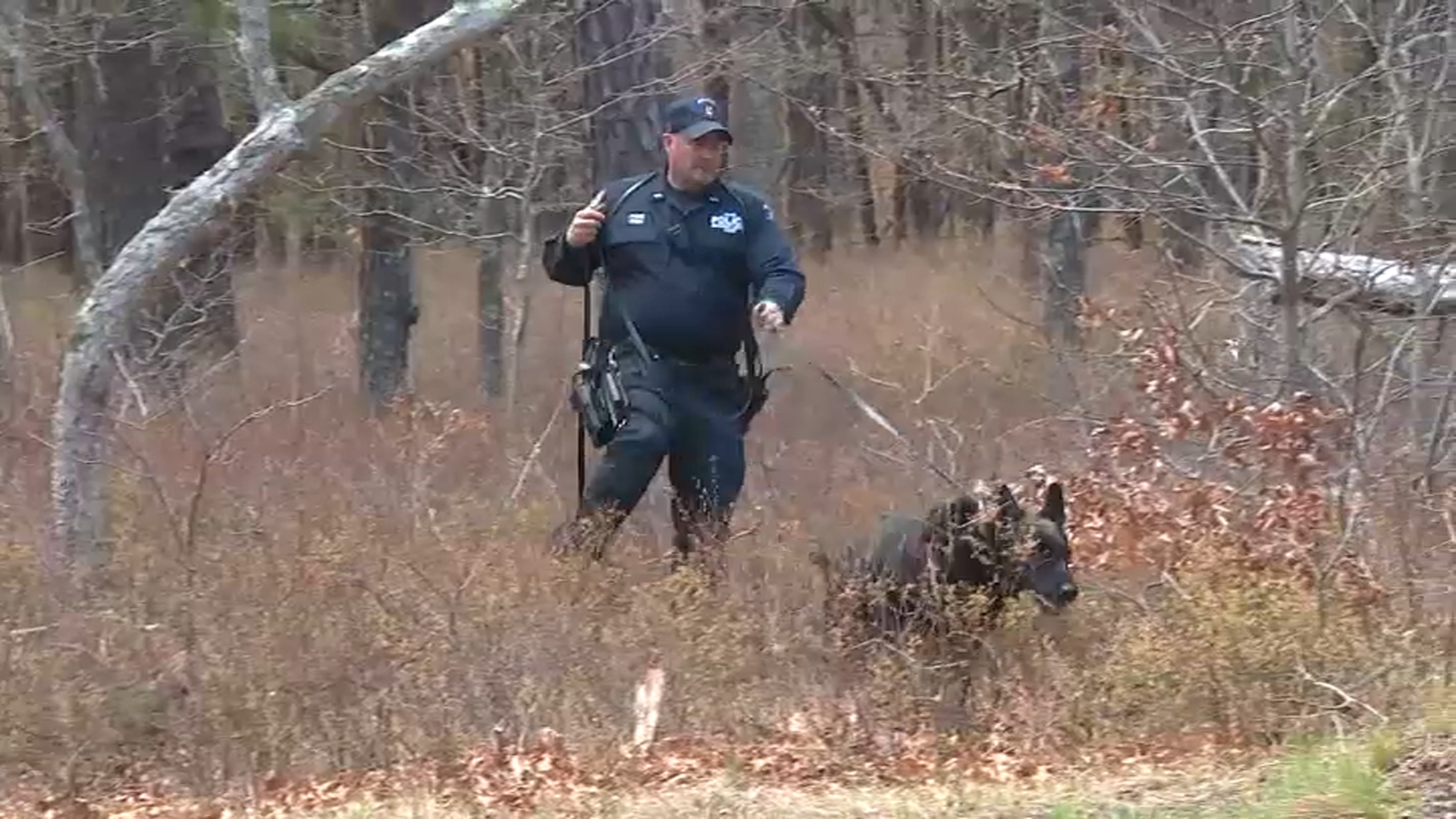What to Know
- A cargo ship is under quarantine off of Brooklyn because it has been infested with insects that could potentially do great harm to crops
- The ship will need to be extensively fumigated after an inspection upon arrival found it to be carrying the spotted lanternfly
- The brightly colored bug is native to China and poses a high risk to plants, with experts saying it can devour fruit trees and spread fast
A cargo ship is under quarantine off of Brooklyn because it has been infested with insects that could potentially do great harm to crops in the area if they were to spread.
The ship, which came from Philadelphia before stopping at the Red Hook terminal on Monday, will need to be extensively fumigated after an inspection upon arrival found it to be carrying the spotted lanternfly.
The brightly colored bug, known by its red hind wings, yellow tone and dark spots along the wings, is native to China and poses a high risk to plants — an ecology professor told NBC New York that the can hitchhike very well and devours fruit trees.
“We’re all trying to figure out how to stop them. They lay eggs on things, they lay eggs on cars sometimes … anything outdoors,” said Matthew Helmus, an Assistant Professor of Ecology at Temple University.
Eight counties in New Jersey are under special quarantine to prevent the spotted lanternfly from spreading, and New York is under a high risk threat from the insect as well.
There is a passenger cruise ship also docked at the Red Hook terminal, but Port Authority says there is no impact from the quarantined ship — the “Acrux X” — to any other vessel. It is not yet clear when Customs and Border Control will release the ship from quarantine.
Local
In a statement to NBC New York, a Customs spokesman said that the origin of the insect that arrived on Monday is not known, and that specialists with the department are “on the scene eradicating this pest threat.”



